Google Glass Enterprise Edition targets key business verticals
Google brings wearable back from the dead with business-focused successor
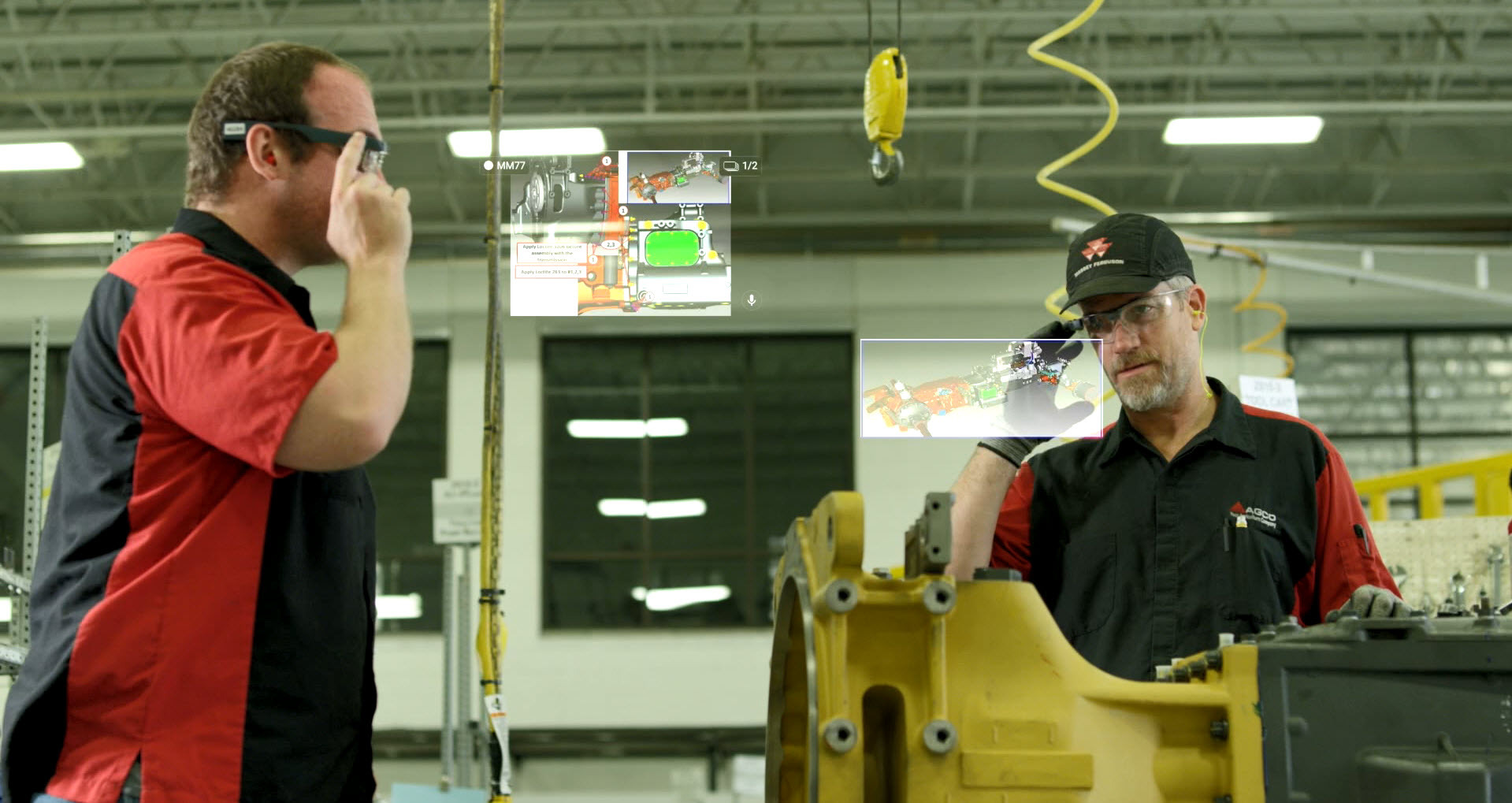

Google Glass is officially back from the dead, after the company launched a long-awaited second version of its augmented reality headset targeted specifically at business users.
The second iteration of the company's wearable, dubbed Google Glass Enterprise Edition, sports a number of improvements over its predecessor that target various industries and verticals.
"We've also made improvements to the design and hardware so that it's lightweight and comfortable for long term wear," the company wrote in a blog post announcing the new device. "We've increased the power and battery life too."
Google initially launched an early pilot of the device in 2014 - the Google Glass Explorer Edition - which was pulled from sale a year later after it met with a lukewarm reception from consumers. Many dismissed the wearable as a privacy-invading gimmick.
Rumours of a more enterprise-focused successor circulated following its demise, fuelled last year by the appearance on eBay of an early prototype for a second-generation 'Enterprise Edition' headset.
Google Glass Enterprise Edition is being marketed specifically at businesses such as manufacturing and engineering, where having to follow specific, rigorous processes can result in a lot of time spent checking manuals and instruction documentation.
By using Glass to place these instructions directly in the user's eyeline, complete with rich media like animations and video tutorials, customers like GE, Boeing and Volkswagen have reported efficiency gains of around 10% in some cases, as well as a general reduction in errors.
Get the ITPro daily newsletter
Sign up today and you will receive a free copy of our Future Focus 2025 report - the leading guidance on AI, cybersecurity and other IT challenges as per 700+ senior executives
Agco, an agricultural equipent manufacturer, has been using Glass for two years in its factory to cut inspection times by 30% and train staff three times faster.
Peggy Gulick, Agco's director of business process improvement, said: "We found the greatest value from using Glass has been in the assembly and quality areas, through the easy and quick hands-free access to the instructions and checklists necessary to assemble our individually designed tractors. We have seen a significant increase in productivity, and our factory employees have reported being much happier doing their jobs."
Wearers can also use voice activation to launch apps if they're working with both hands, and it also supports live video, for first-person troubleshooting and collaboration with colleagues working remotely.
The use case is strikingly similar to Microsoft's HoloLens headset. Much like Google Glass, HoloLens is also framed primarily as a collaboration and productivity device, with real-time collaboration and training highlighted as key use-cases.
Google is also aggressively targeting verticals like healthcare and logistics. However, rather than selling Glass directly to customers, Google is instead pursuing an entirely channel-based sales strategy, offering Glass through more than ten key industry partners across various vertical markets.
The tech giant said it has more than 50 customers using Glass within their businesses as part of an early preview programme. Whether it has more success than its consumer-focused predecessor remains to be seen.
Picture depicts AGCO workers using Google Glass, courtesy of Business Wire
Adam Shepherd has been a technology journalist since 2015, covering everything from cloud storage and security, to smartphones and servers. Over the course of his career, he’s seen the spread of 5G, the growing ubiquity of wireless devices, and the start of the connected revolution. He’s also been to more trade shows and technology conferences than he cares to count.
Adam is an avid follower of the latest hardware innovations, and he is never happier than when tinkering with complex network configurations, or exploring a new Linux distro. He was also previously a co-host on the ITPro Podcast, where he was often found ranting about his love of strange gadgets, his disdain for Windows Mobile, and everything in between.
You can find Adam tweeting about enterprise technology (or more often bad jokes) @AdamShepherUK.
-
 AI is helping bad bots take over the internet
AI is helping bad bots take over the internetNews Automated bot traffic has surpassed human activity for the first time in a decade, according to Imperva
By Bobby Hellard
-
 Two years on from its Series B round, Hack the Box is targeting further growth
Two years on from its Series B round, Hack the Box is targeting further growthNews Hack the Box has grown significantly in the last two years, and it shows no signs of slowing down
By Ross Kelly
-
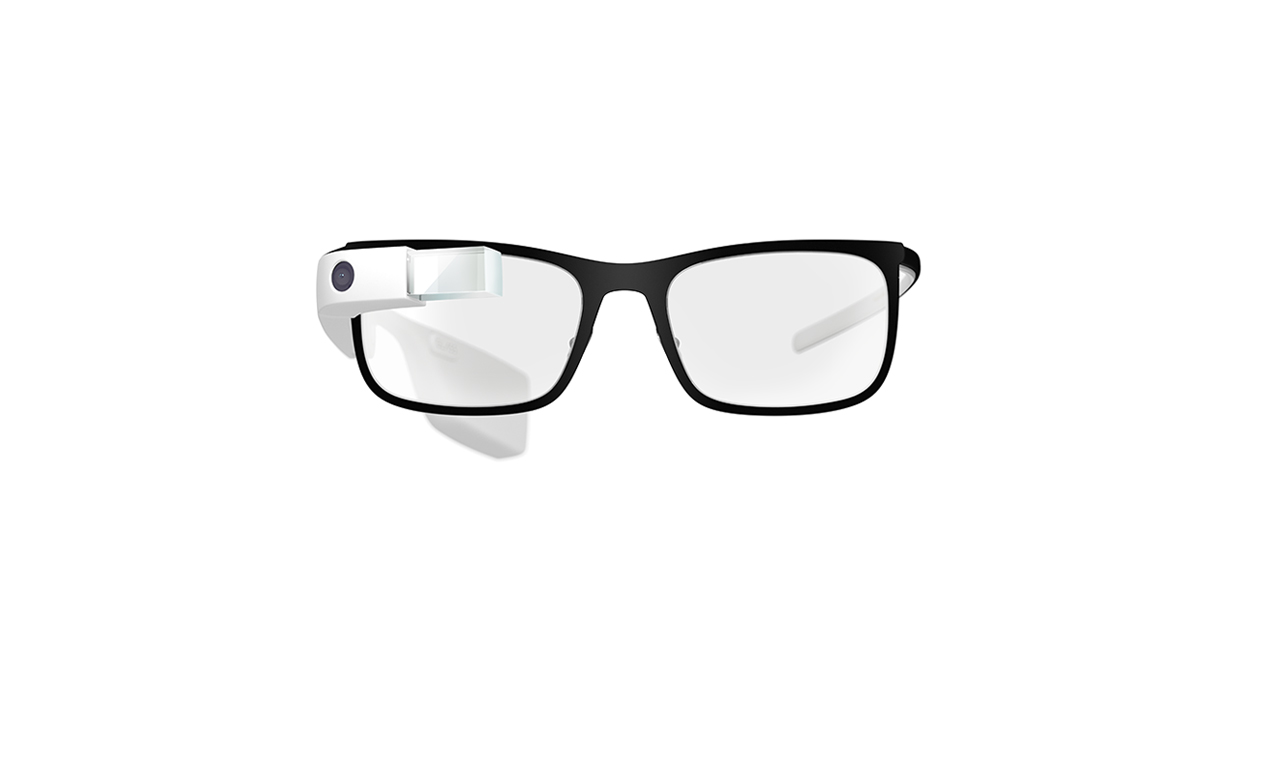 Does a Google Glass firmware update signal a comeback?
Does a Google Glass firmware update signal a comeback?News Google's ill-fated wearable could be set to return
By Adam Shepherd
-
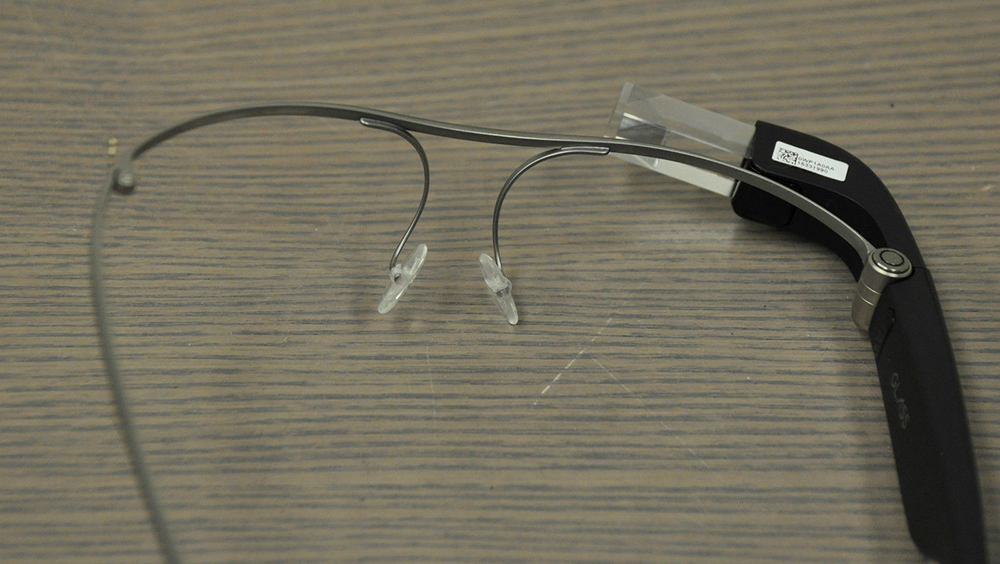 Google Glass enterprise edition goes up for sale on eBay
Google Glass enterprise edition goes up for sale on eBayNews Unreleased headset selling for over $7,000
By Adam Shepherd
-
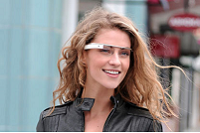 Is Google Glass set to make a workplace comeback?
Is Google Glass set to make a workplace comeback?News A new business version of the smart specs will be released in 2016, it is claimed
By Caroline Preece
-
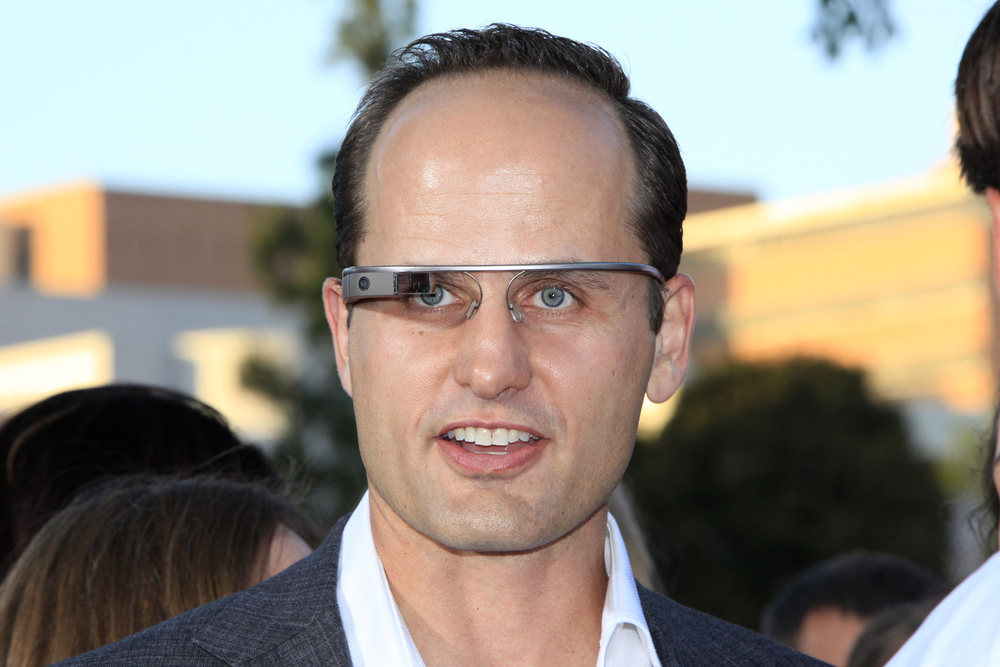 Google could be planning to expand Google Glass family
Google could be planning to expand Google Glass familyRumours One Google Glass wasn’t enough, with the company reportedly planning to develop an entire product range
By Caroline Preece
-
 Is Google Glass dead?
Is Google Glass dead?News Despite Google ending its Explorer programme, the smart glasses are still in development
By Clare Hopping
-
 Virgin Atlantic trials Sony SmartWear to boost communication
Virgin Atlantic trials Sony SmartWear to boost communicationNews Heathrow-based engineers will get updates on the SmartWatch and take pictures with the SmartEyeglass
By Clare Hopping
-
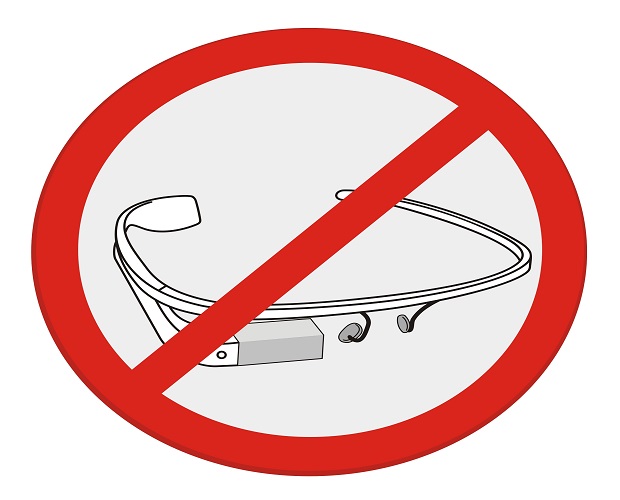 Google Glass sales to stop, with device set for design overhaul
Google Glass sales to stop, with device set for design overhaulNews Google Glass is being withdrawn from sale, as reports of redesign “from scratch” surface
By Caroline Donnelly
-
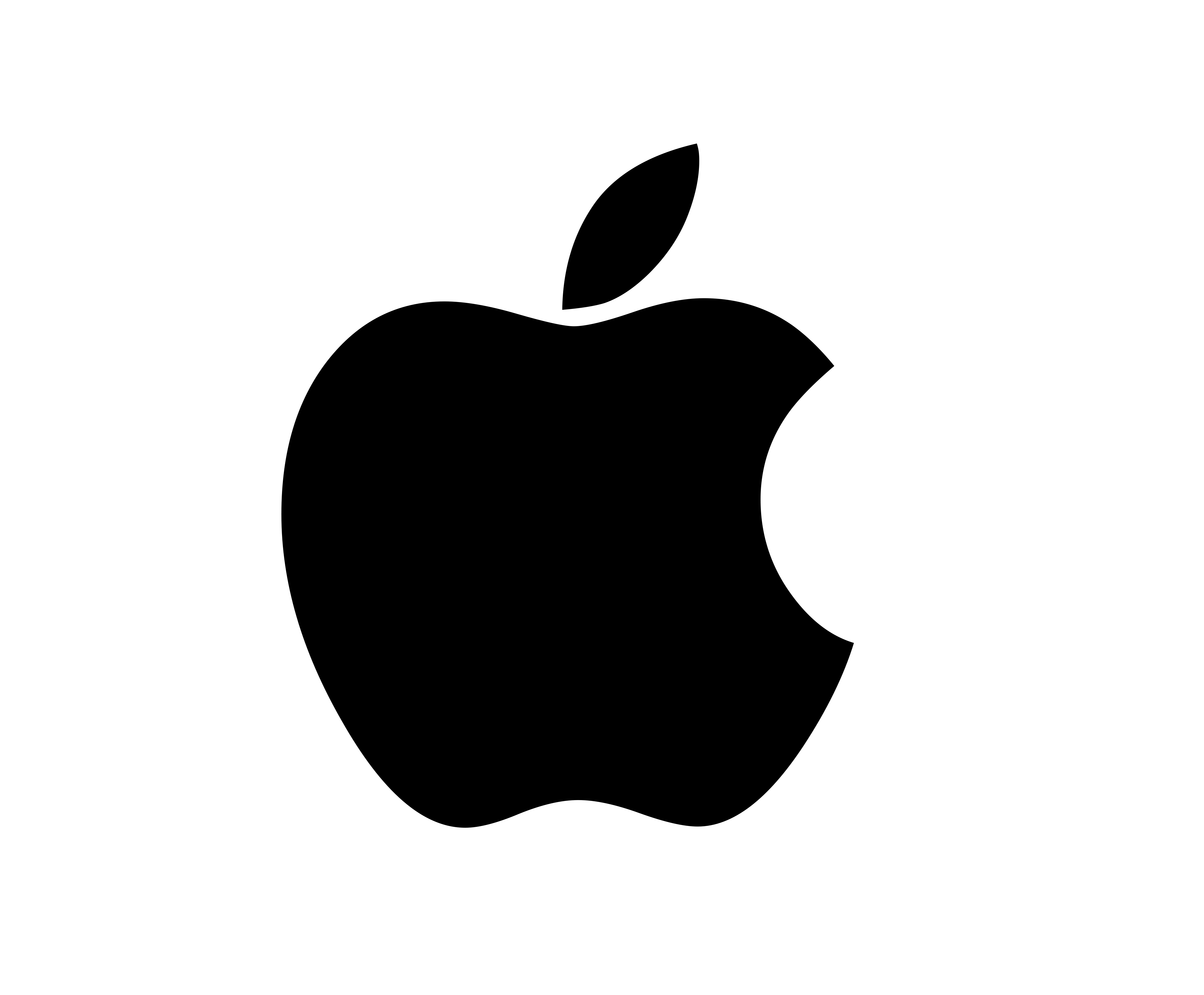 Apple patents ‘bendy’ iPhone and smart glasses
Apple patents ‘bendy’ iPhone and smart glassesNews Apple now has patents for a flexible iPhone and smart glasses, hinting at future direction
By Caroline Preece